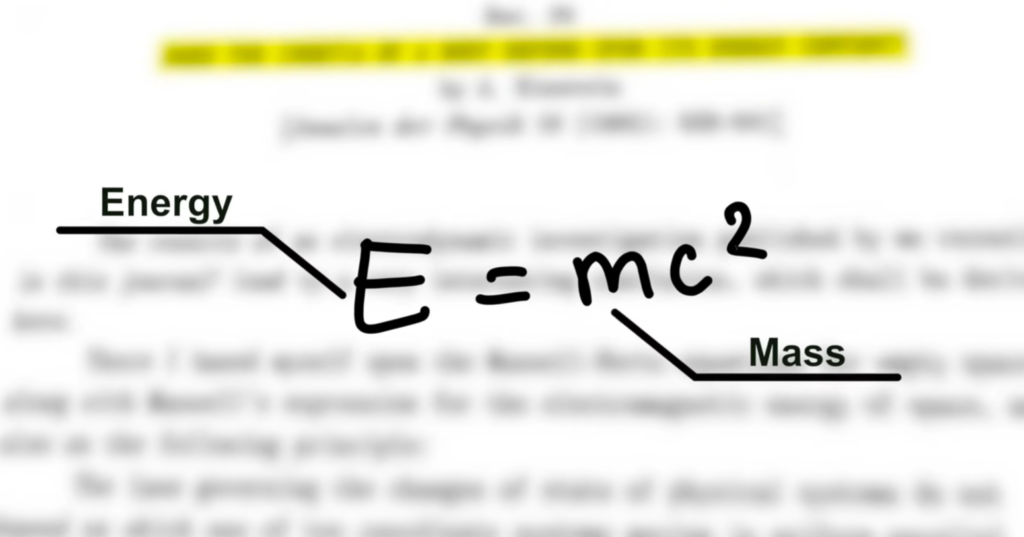Have you ever thought about how we experience time? It seems straightforward, right? One second ticks by for you, one second ticks by for me. Simple.
Well, Albert Einstein, the world-famous physicist, had other ideas. He argued that time isn’t actually absolute – it’s relative. This means your experience of time can actually be different from mine, depending on how we’re moving relative to each other. Sounds crazy? Let me explain, and it all starts with a train.
The Lightning Train Experiment
Einstein loved thought experiments. He would create scenarios in his mind to test out his ideas. One of his most famous involves a train, a platform, and a couple of lightning strikes. Buckle up!
Imagine a high-speed train zipping along the tracks. Standing in the middle of the train is a passenger. On the platform, a person stands watching the train go by. Now, imagine two bolts of lightning strike the ground, one at the front of the train and one at the back, at the exact same time.
The person standing on the platform, since they are standing still relative to both lightning strikes, will see both flashes of light at the same time. This makes perfect sense – the light from both strikes has to travel the same distance to reach their eyes.

However, things get really interesting for the passenger on the train. Because the train is moving towards the lightning strike at the front, the light from that strike reaches the passenger’s eyes before the light from the strike at the back.
Think about it like this – the passenger is essentially racing towards the light coming from the front and away from the light coming from the back.
Simultaneity: A Matter of Perspective
This thought experiment leads to a mind-bending conclusion: events that appear simultaneous to one observer might not appear simultaneous to another observer who is in motion relative to the first.
For the person standing on the platform, the lightning strikes are simultaneous. But for the passenger on the train, one strike happens before the other. Who is right?
Einstein would say they both are! It all depends on their frame of reference – their position and movement relative to the events.
The Implications of Relativity

This idea, that time is not absolute but rather dependent on the observer’s motion, forms the bedrock of Einstein’s Special Theory of Relativity, published in 1905. It might seem like a bizarre quirk of physics, but it has profound implications for our understanding of the universe.
For one thing, it means that time and space are inextricably linked. Einstein realized that the faster you move through space, the slower time passes for you relative to someone who is stationary. This isn’t just a theoretical idea – it’s been proven experimentally. Extremely precise atomic clocks have shown that time really does slow down for objects in motion.
The Special Theory of Relativity also paved the way for Einstein’s later work on the General Theory of Relativity, which deals with gravity and its effects on space and time. This theory is essential for understanding the behavior of massive objects like stars and black holes.
So, What Does This All Mean?
Einstein’s work on relativity completely revolutionized our understanding of space and time. It showed that the universe is a far stranger and more wonderful place than we ever imagined. It means that concepts we take for granted, like “now” and “simultaneous,” aren’t as straightforward as they seem.
Next time you see a train speeding by, think about Einstein’s thought experiment and the mind-bending nature of time. It’s a reminder that the universe is full of mysteries, and the more we learn, the more we realize how much more there is to discover.
Also read: The Curious Case of Einstein’s Missing Brain
